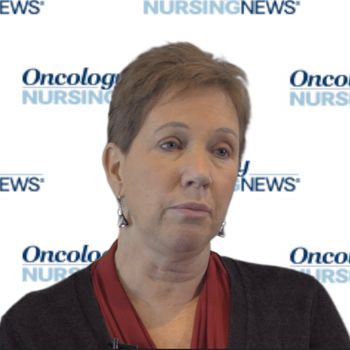
When nurses understand their patients' health literacy levels, as well as what kind of additional supports they need, it could lead to better drug compliance, according to one advanced practice nurse.

When nurses understand their patients' health literacy levels, as well as what kind of additional supports they need, it could lead to better drug compliance, according to one advanced practice nurse.
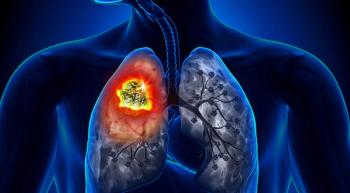
While the treatment landscape for lung cancer continues to grow, nurses must stay up-to-date on the most recent advances and approvals across each subgroup of patients.

To assist in treating patients with immune-related adverse events (irAEs), nurses can follow 5 pillars: prevent, anticipate, detect, treat, and monitor.

Understanding CLL is important for all oncology nurses, regardless if they specialize in hematologic or solid malignancies.

Derek Hough spoke to a crowd of oncology nurses at the 3rd Annual School of Nursing Oncology conference.

Nurses play a key role in addressing the barriers associated with patients with cancer entering a clinical trial, according to Maria Hendricks, MSN, RN.

With various FDA approvals in the last year alone, nurses must stay up-to-date on the changing treatment landscape of breast cancer to properly treat these patients.

At the 2019 Annual ASCO meeting in Chicago, Oncology Nursing News got the chance to speak with Martha Raymond, CEO and founder of the Raymond Foundation, and executive director at the GI Cancers Alliance.
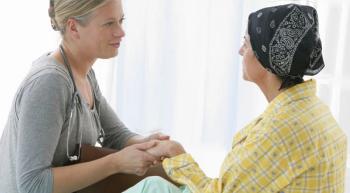
With more people surviving long after their cancer diagnosis, there is also a heightened risk of developing chronic health conditions.
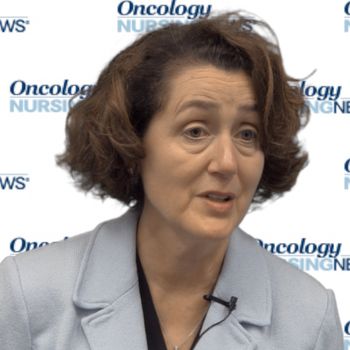
There is not a major difference in outcomes between whole-breast and partial-breast radiation for some patients with breast cancer.

Patients with cancer who are receiving immunotherapy may have improved responses if they have a healthy and diverse gut microbiome.
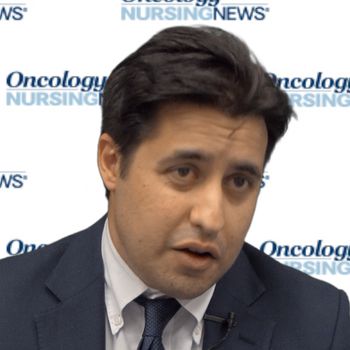
Health-related quality of life (QOL) is becoming an increasingly important endpoint in cancer clinical trials.

While self-reported family cancer history is vital to screen individuals for hereditary cancer risk, its documentation tends to be lacking.
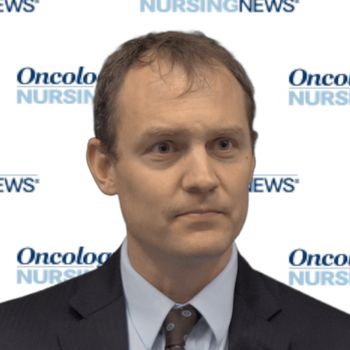
Nurses are there for patients every step of the way.
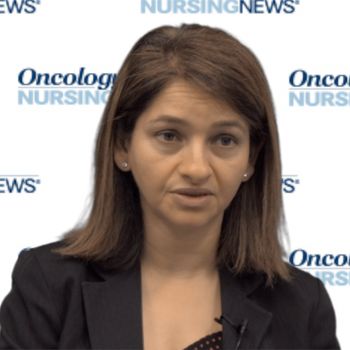
In different stages of multiple myeloma treatment, patients' priorities may change.

Patients with higher tumor mutational burdens tended to be more likely to be depressed, according to recent research.
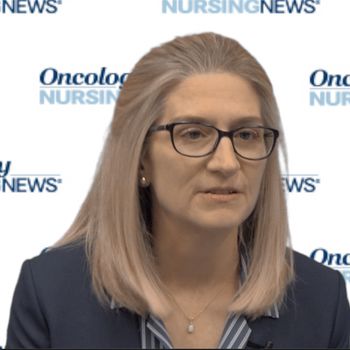
The ACCC created the Immuno-Oncology Institute to help community practices address up-and-coming questions around immunotherapy implementation.

Cognitive behavioral therapy help to improve the lives of patients experiencing cancer-related fatigue.
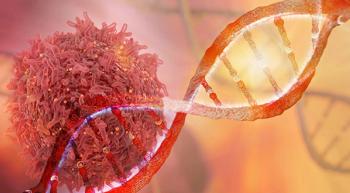
The treatment landscape for mantle cell lymphoma (MCL) is rapidly evolving, though patients with relapsed/refractory disease tend to still have poorer outcomes than others; however, hope may be on the horizon, according to Luhua (Michael) Wang, MD.
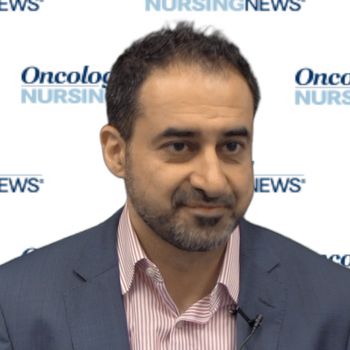
Nurses should be aware of patients who are at risk for immunotherapy-related myocarditis.
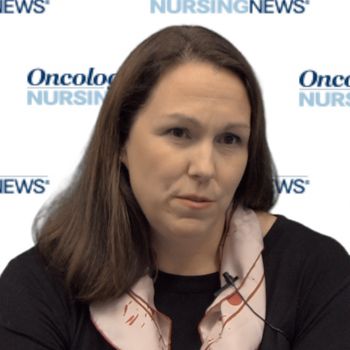
After being treated for breast cancer, nurse practitioners at MSK help survivors transition back to their primary care physicians.

Breast cancer regimens can cause long-term cardiac toxicity in survivors. One trial is delving into why this is the case.

A recent study found that oncology nurses can play a key role in promoting the safety of oral anti-cancer medication, while freeing up time for oncologists, too.
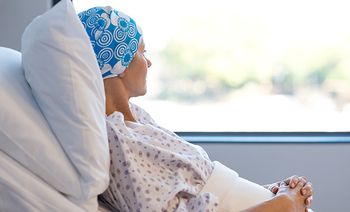
Investigators improved the rate of patients being screened to over 68% for distress and supportive care needs by using a patient-reported tool.

Patients can track symptoms and anonymously send them to glioblastoma researchers around the world.

Implementation of a referral tool designed to enhance family history screening during doctor’s visits may play a crucial role in identifying those at risk for cancer.

An easy-to-implement nurse-driven program can decrease the number of hospital readmissions, lowering costs and improving patient satisfaction.
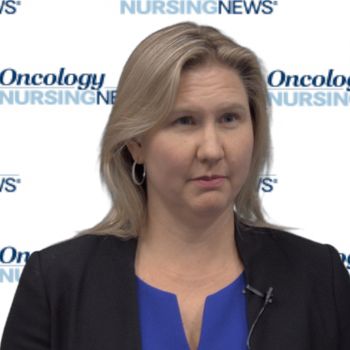
Patients with lung cancer often report feelings of stigma, and different approaches to care than in other cancer settings.

Venetoclax (Venclexta) to obinutuzumab (Gazyva) reduced the risk for disease worsening or death